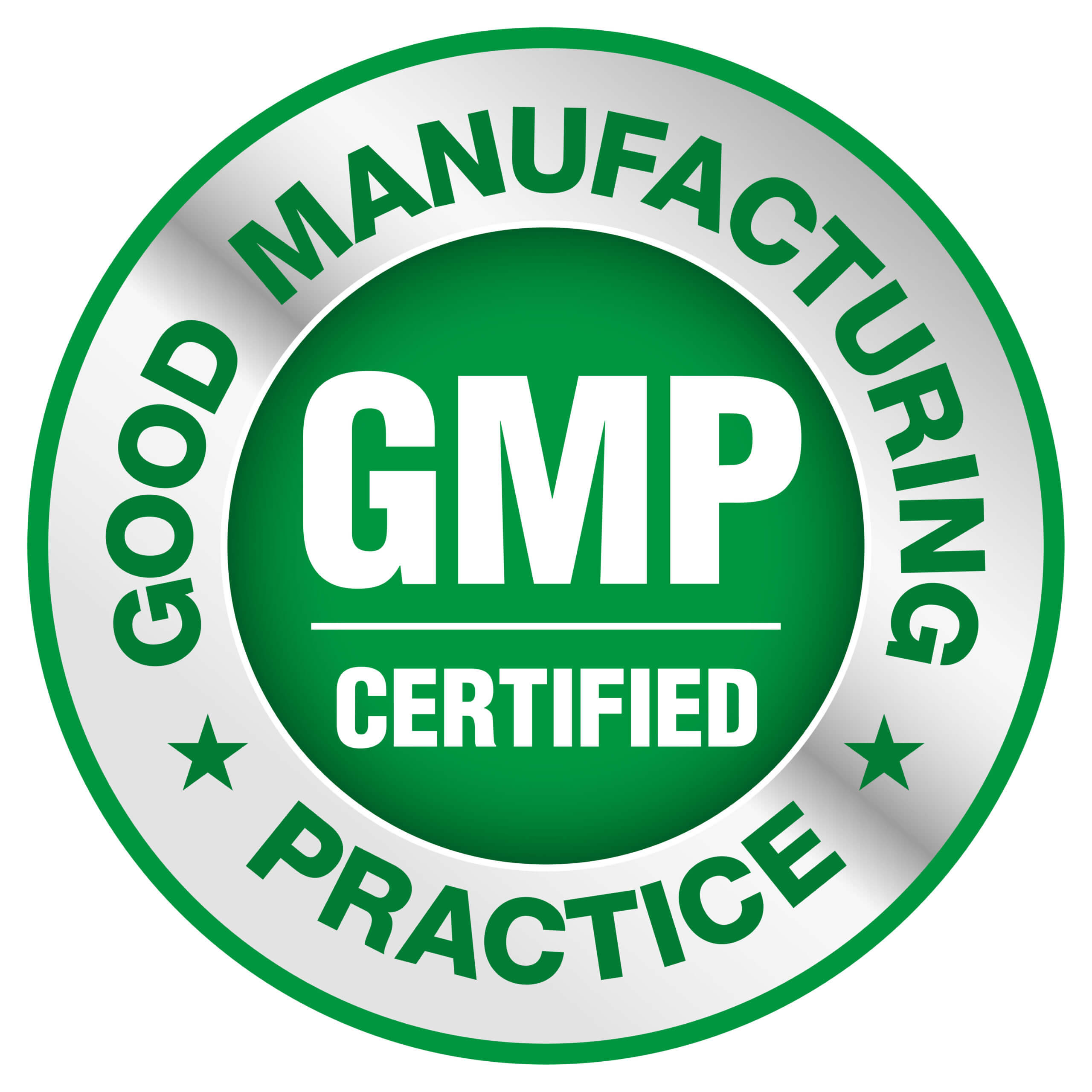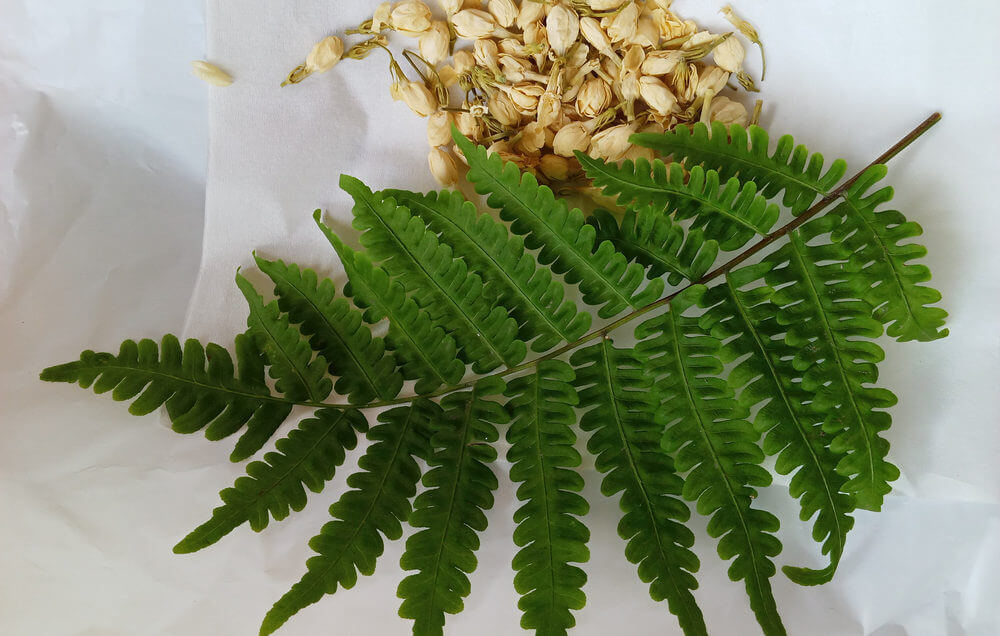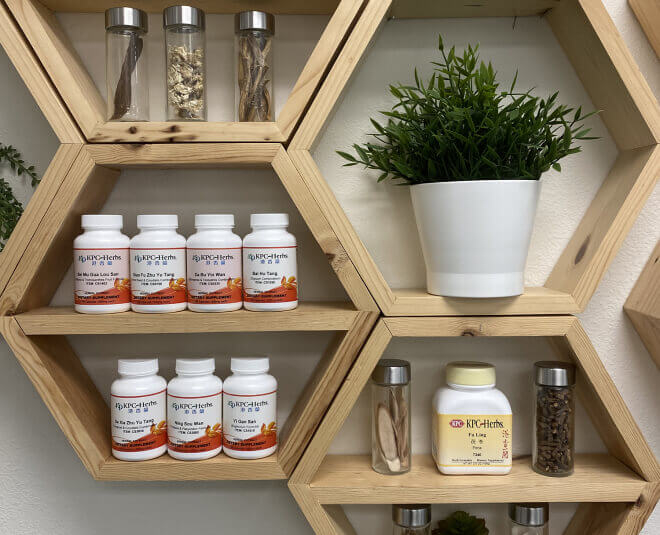 Selecting the right herbal supplement manufacturer involves more than a quick online search. While questions about pricing and turnaround times may be on your mind, other information is equally — if not more — important to learn before deciding which manufacturer is right for you.
Selecting the right herbal supplement manufacturer involves more than a quick online search. While questions about pricing and turnaround times may be on your mind, other information is equally — if not more — important to learn before deciding which manufacturer is right for you.
In the supplements industry, the safety of your customers comes first. It is critical to understand the regulatory issues surrounding herbal supplements and the steps a manufacturer takes to ensure the quality and safety of their products. Armed with this information, you can feel confident in your product line and its benefits for your customers.
One indication of a premium herbal dietary supplement manufacturer is GMP certification. Let’s take a closer look at what GMP means, why it matters, and how a manufacturer earns it.
How Does Regulation of Supplements Differ From Pharmaceuticals?
Prescription and over-the-counter drugs must undergo clinical studies before they can go to market. These studies determine their safety, efficacy, appropriate dosages, and possible interactions with other substances. The Food and Drug Administration then reviews the results of the studies and decides whether to authorize the use of the drugs.
Dietary supplements are not considered pharmaceuticals. Instead, they fall into the general category of food products. This means that unless they contain a controlled substance, they do not need to be tested or authorized for use before being marketed. The FDA has oversight over these products, but herbal supplement manufacturers are responsible for evaluating the safety and labeling of their own products to ensure they meet federal regulations.
Learn more about KP’s quality assurance measures.
The FDA only becomes involved in dietary supplement manufacturing if a product is found to be adulterated or mislabeled after it has already reached the market. Following Good Manufacturing Practices (GMP) is one way reputable companies like KPC ensure the quality and authenticity of their products.
What Is GMP and Why Is It Important?
Good Manufacturing Practices are a set of guidelines maintained by the FDA to help promote consumer safety. The stated goal of GMP is to “ensure the identity, purity, quality, strength, and composition of dietary supplements.” A manufacturing company displays a commitment to setting and maintaining high-quality standards when they follow GMP guidelines.
If you’re seeking OEM services, choosing a manufacturer that is GMP-certified gives you peace of mind that your products will be thoroughly tested, free from contamination, safe for human consumption, and correctly labeled. You can rest assured that you will receive the products you asked for, and your customers will be safe.
What Is the Difference Between GMP and cGMP?
cGMP stands for current Good Manufacturing Practices. This term recognizes the need
for continuous improvement in best practices for product quality. A company that acts in accordance with cGMP doesn’t just follow GMP guidelines; they do so using the most advanced technologies and processes available.
Different countries have their own GMP and cGMP standards. KP and BT have passed the following:
- Taiwanese FDA’s GMP inspection for TCM manufacturers
- U.S. FDA’s cGMP inspection for dietary supplement manufacturers
- Australian TGA’s PIC/S GMP inspection for complementary medicine
What Are the Five Main Components of Good Manufacturing Practice?
GMP guidelines establish the consistent quality and safety of herbal supplements by focusing attention on five key factors, which are often referred to as the 5 Ps:
- Products — ensures the raw ingredients in a supplement are of the utmost quality, and the formula for creating the supplement is followed exactly
- Premises — ensures facilities and equipment are properly maintained to provide safe and effective conditions for manufacturing
- People — ensures appropriately trained employees are operating each facility and the equipment
- Procedures — ensures the use of validated technology and methodology involved in supplement production
- Processes — ensures proper documentation is kept to prove procedures are being followed
What Does It Mean to Be GMP-Certified?
There is a difference between a company that follows GMP guidelines and a company that is GMP-certified.
Any herbal supplements manufacturer can abide by GMP best practices (or claim they do). This isn’t an official designation, and it offers no proof that the company is actually in compliance with GMP.
A GMP-certified herbal supplements manufacturer has been verified by a third party. Certification indicates that an independent organization has audited the manufacturer and confirmed that it and its products meet specific GMP requirements for safety, quality, or performance.
Who Is Responsible for GMP Certification?
GMP certification is done by a variety of organizations, including:
- U.S. Food and Drug Administration (FDA)
- Taiwan Food and Drug Administration (TFDA)
- Australian Therapeutic Goods Administration (TGA PIC/S)
- NSF International
- United States Pharmacopeia (USP)
- Natural Products Association (NPA)
Many of these are voluntary programs herbal supplements manufacturers can choose to participate in.
As Your Partner, KPC Offers Quality You Can Count On
At KPC, we embed the strictest quality and consistency standards into every step of our manufacturing process. Our herbal products are manufactured in our cGMP-certified facility in Taiwan, following the world’s most stringent pharmaceutical-grade production guidelines. We proudly maintain one of the most comprehensive quality assurance programs in the industry.
When you choose KPC’s OEM services, your products are made with the same attention to quality and safety that we devote to our own products. This is what you deserve, and it’s what your customers deserve too.
Contact KPC today to inquire about our OEM services and find out how we can help your business thrive.
________
*Please note: These statements have not been evaluated by the FDA. This article is not intended to suggest specific treatments for patients or that any supplements mentioned prevent or cure diseases or problems. Before taking any herbs, all patients should discuss their options with a licensed practitioner, including any other medications the patient is currently taking, as there may be contraindications between pharmaceuticals and herbs.

